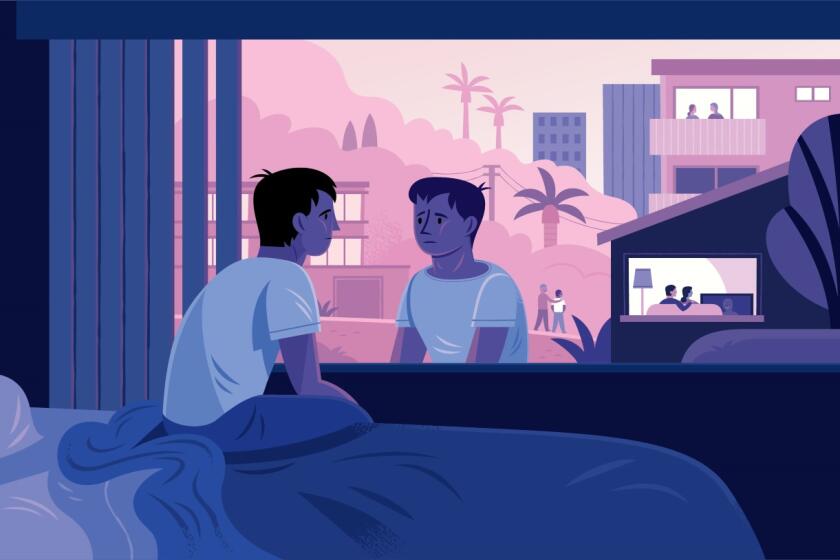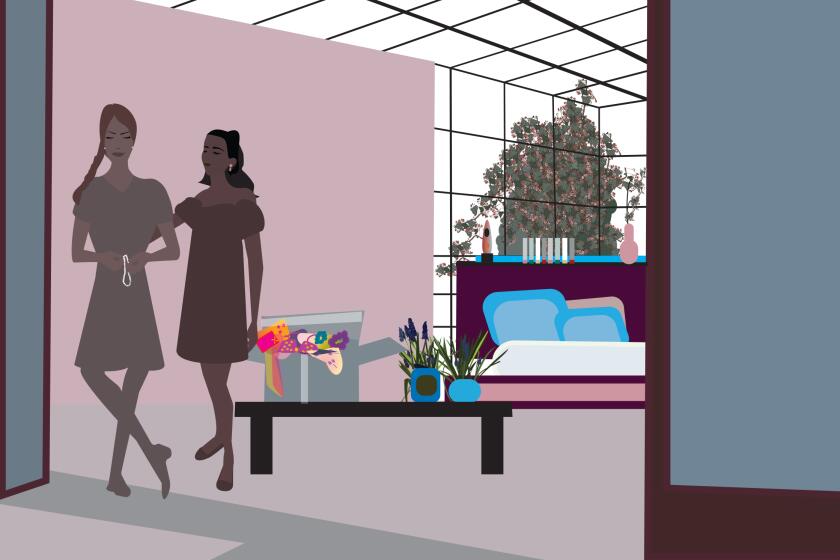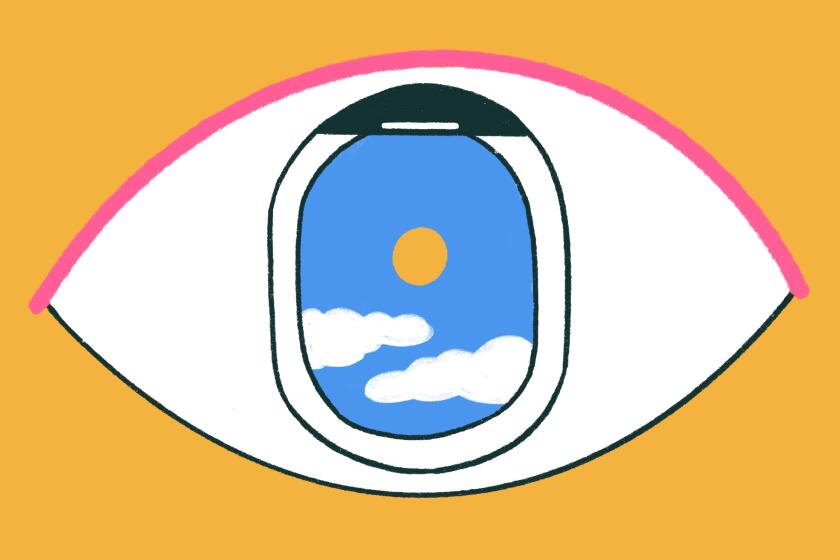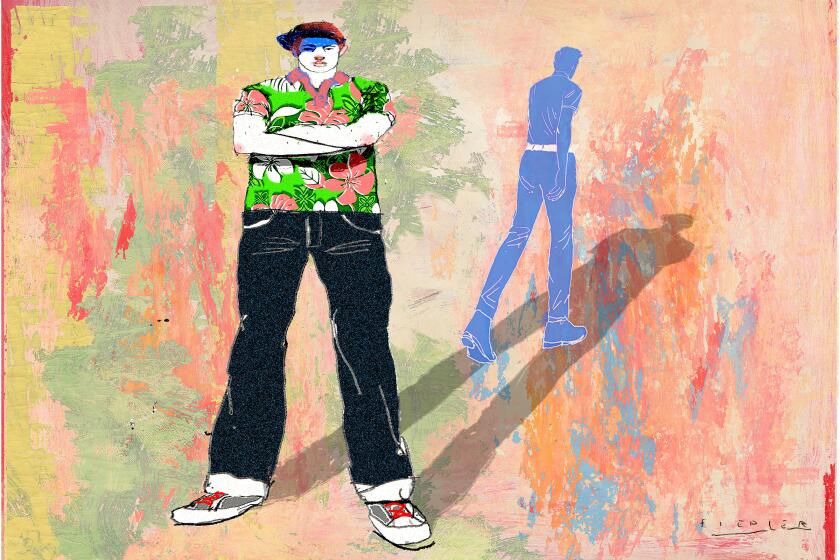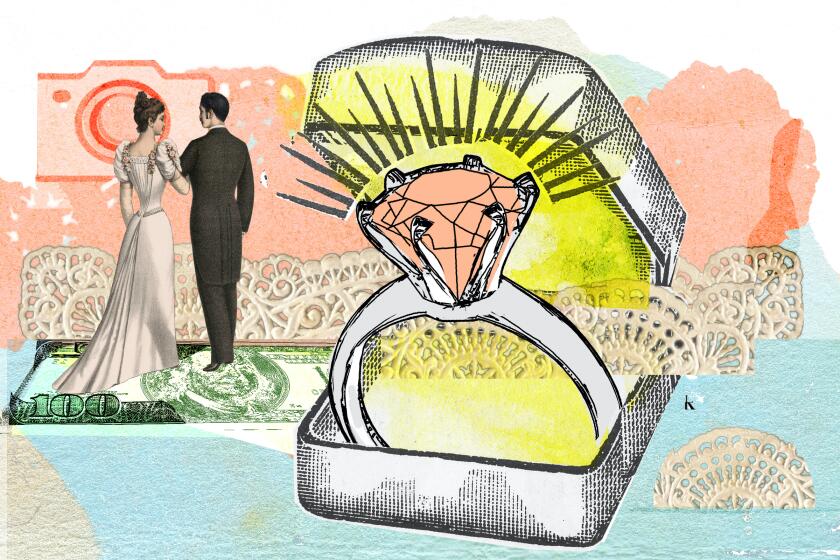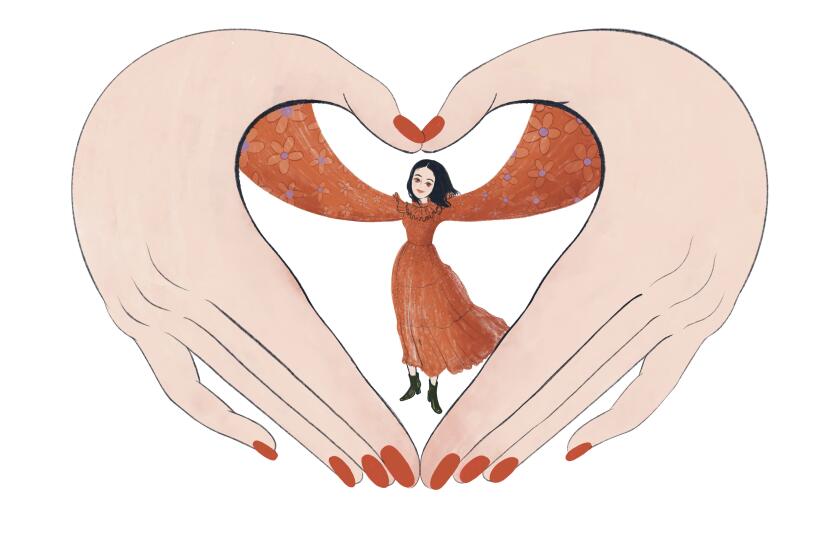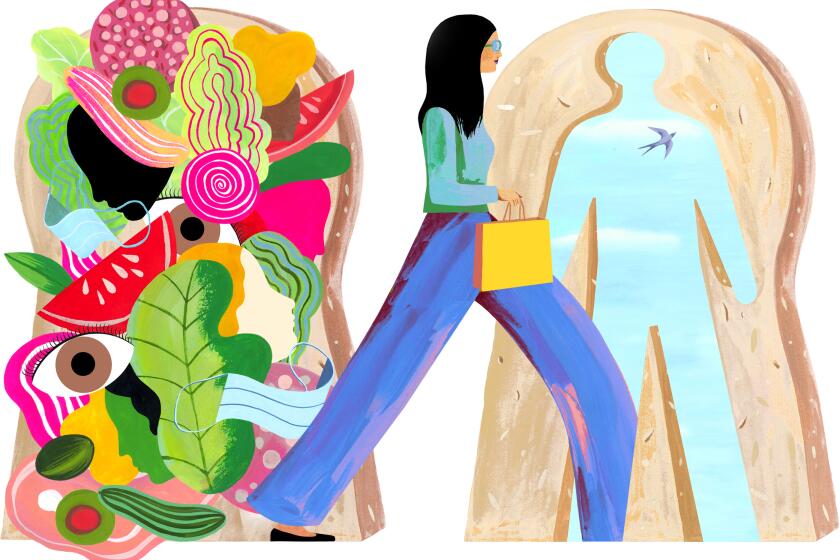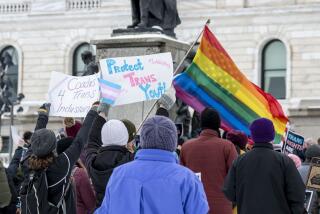I am not 50% gay and 50% straight. I am 100% bisexual
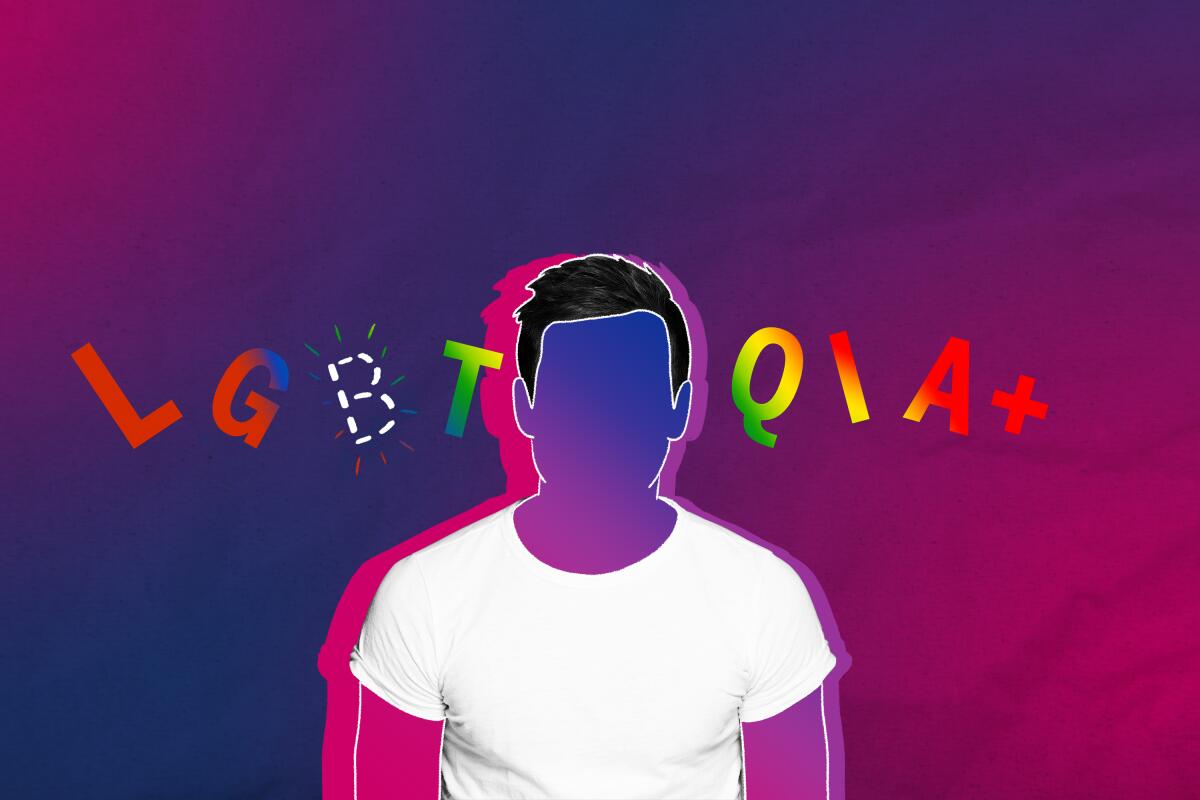
“Don’t play games, Christian, if you like dudes, you’re definitely just gay!”
“You can’t hook up with men and still think women would be attracted to you.”
These are just a few of the responses I’ve had to confront after coming out as bisexual last year at age 20.
Trying to determine where my heart falls on the spectrum of being attracted to more than just one gender is not a new feeling for me. I’ve come to terms with how you can’t keep hiding who you truly are.
And it’s not just me. I have a friend who exclusively dated men until coming out as bisexual and was told, “You’re just bored and looking to experiment with women” and “You’re just doing it to be trendy” and “You’re definitely going to marry a man in the end.”
I just can’t seem to wrap my head around these outdated notions of societal norms: When a guy comes out as bisexual, he’s viewed by some as “really gay” and when a woman comes out as bisexual, some say she’s actually “just straight”?
A better name for it is “bierasure,” or bisexual erasure, one of the lesser known issues that plague the LGBTQIA+ community. Bierasure is the tendency to ignore and falsify evidence of bisexuality — being attracted to two or more genders — and its existence. That’s what leads to painful comments when someone comes out as bisexual, such as, “You’re just confused,” “You just want attention” and “You just took a detour on the train to gay town.”
A therapist explained that violent traumas can make all your inner emotions flare. All your conflicts, even those years old and long buried. And so I confessed it all. All my struggles. And this time, with the therapist’s help, I recognized that I was a woman.
And it’s not just straight people who contribute to the attacks on those who identify as bisexual.
Many of us leave our closet of safety only to be met with skepticism and denial by the very community that was supposed to accept us.
Why does the concept of being attracted to more than one gender threaten those only interested in one?
I recognize the immense amount of privilege the “Bs” in LGBTQIA+ have today.
Bisexual people can fit under a straight or gay “umbrella” and ride the wave, unscathed by questions and harassment by critics, when they choose not to engage.
I had been traveling the world and was about to head out for a new adventure — Australia. Then, someone mentioned her name: Laura.
“Straight passing” can protect us from discrimination. But it comes at a cost. A hatred that builds inside of us, scarring us. That can only be mended by telling our own truth. Otherwise, we are neglecting part of our identity.
I am aware that some people may come out as bi first to test the waters. But most bisexual people are just bisexual.
And forcing someone to “pick a lane” can be just as harmful as saying, “You shouldn’t be gay.” In my experience, both gay and straight communities frequently ridicule those of us who identify as bisexual. But trying to force us to stifle self-expression encourages the kind of closemindedness that only sets us back in history. It limits us from exploring the full range of our sexuality. It forces us to repress an innermost part of ourselves.
Coming out is a lonely experience, and while I had friends and support along my journey, friends and support do not do the work for you.
How are we supposed to know who we truly are if we’re peer-pressured by some to label ourselves in a way that makes it more palatable for others?
Erasure is exhausting for every bi person who may or may not have recognized who they are. And it stops some of us from wanting to do so. Fortunately, younger people appear to be finding their voice.. A 2021 report from Gallup found that “the vast majority of Generation Z adults who identify as LGBT — 72% — say they are bisexual.” So why do so many of us still feel shut out?
Because our inner voice tells us it’ll be easier to stay invisible than to be ostracized by both straight and gay people who don’t believe in one of the core parts of who we are. Discovery can be a slow process.
I had a pretty good track record of rejecting norms and traditions. That included marriage. Yet I suddenly found myself articulating all the reasons people marry — and believing what I was saying.
I identifed myself as “stick straight” until I began exploring the #altside of TikTok and bisexual commentary on YouTube. I discovered the powerful TEDx talk by Misty Gedlinske, “Bisexuality: The Invisible Letter “B.” Gedlinske’s words in particular struck a chord with me: As bisexuals, we “compartmentalize a portion of our identity so we can better conform to what some might consider normal or acceptable. We lie by omission and hide in plain sight.”
I’ve done this for most of my life.
I knew I liked both boys and girls from as early as I can remember but I didn’t understand that there could be more than one side of who I was. But I also learned, as Gedlinske outlines, that modern society has adapted nasty clichés about us, including that bisexual people will never be equipped for real commitment, because they “haven’t come to terms with who they are” or because they are too “untrustworthy” for a monogamous relationship.
These stereotypes are just as painful as any other homophobic slur that could be screamed at me as I walk down the street holding a man’s hand.
‘I just want someone I can sit with and talk to on the couch and have a great time,’ I’d often remarked to my friends about what I’m looking for in a relationship.
What is it about being bisexual that makes people instantly assume we turn into these feral animals hunting for sexual fulfillment from anyone who gives us a second look? I’m over worrying that if I tell my straight male friend that I’m bisexual, he’ll be scared to be around me, as I might “make a move” on him. Sorry, friend, as much as you think your sweaty Supreme hoodie and Vans sneakers make you irresistible, it’s a hard pass for me.
Because just as straight people do not have sexual interactions with every human they come into contact with, neither do bisexual people.
Invisibility wears you down, though. I wish I had known growing up that there are more than two types of sexuality. I felt too straight to be gay and too gay to be straight. I doubted myself in almost every aspect of my life because I thought this part of my self was a malfunctioning pendulum that just couldn’t make up its mind.
I was still recovering from breast cancer. And my heart was shattered. I vowed I wouldn’t get back out in the dating world until I had worked through my fears and would take as much time as I needed to heal before attempting a new relationship.
Turning on the TV in 2008 and seeing a bisexual male character onscreen would’ve validated every feeling I was grappling with. Here’s what I want to tell any person struggling with their bisexuality: Secrecy is not worth the temporary cloak of protection it may seem to give you. It spoils the joy of being enough.
I’m proud to share that I found strength in falling somewhere along the spectrum. I’d like to add that it may change as time progresses, and that’s OK too. This journey is not linear and I don’t want anyone to feel that there is an A+B=C formula to solving the complexities of being bisexual.
A bisexual person is not 50% gay and 50% straight, or anything in between, but utterly and completely 100% bisexual.
The author is an actor who recently appeared in the “Saved by the Bell” reboot and the upcoming“Dear White People.” He is on Instagram @christianweissmann
More to Read
Sign up for The Wild
We’ll help you find the best places to hike, bike and run, as well as the perfect silent spots for meditation and yoga.
You may occasionally receive promotional content from the Los Angeles Times.
